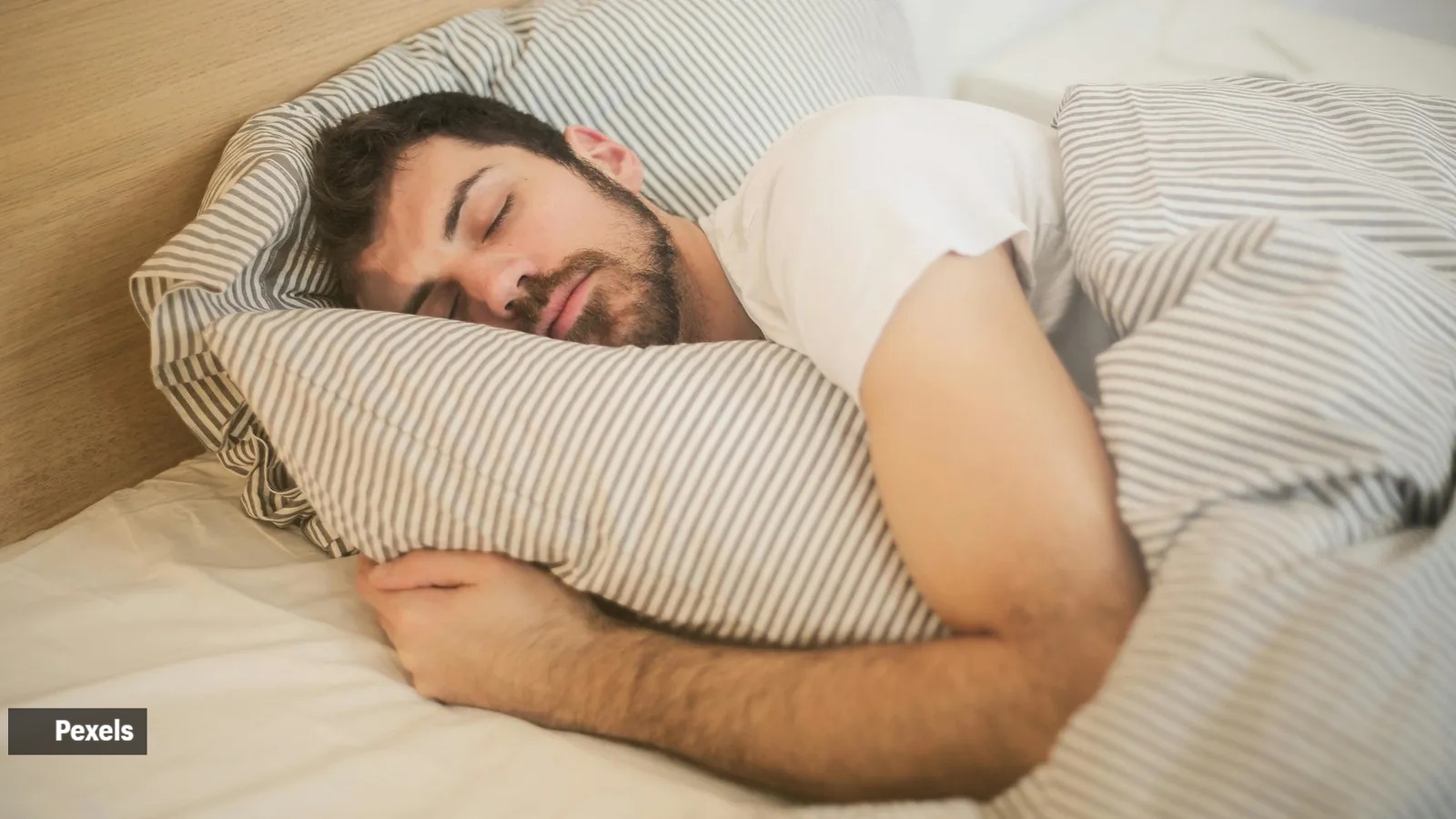📣 For more lifestyle news, click here to join our WhatsApp Channel and also follow us on Instagram
Daylight saving time: United Kingdom is all set to turn back the clock — why some studies, experts advocate against it
In a recent study published in the Journal of Sleep Research, experts shed light on the toll seasonal clock changes during the spring and autumn take on sleep and circadian health
 Daylight Saving Time: Here's what to consider (Source: Pixabay)
Daylight Saving Time: Here's what to consider (Source: Pixabay)As the United Kingdom (UK) prepares to turn clocks back in line with the biannual tradition of daylight saving time (DST), researchers are calling for its abolishment, citing significant health impact. In a recent study published in the Journal of Sleep Research, experts shed light on the toll seasonal clock changes during the spring and autumn take on sleep and circadian health. When the clock is moved one hour forward, it doesn’t necessarily mean more sunlight exposure for the body.
“It’s often erroneously assumed that DST provides us with more sunlight. In reality, it only shifts our behaviour by adjusting schedules forward by an hour,” the study noted. “While this results in more sunlight after work or school, it reduces sunlight exposure before work or school as we rise and travel earlier,” it further added.
In the UK, DST—also known as British Summer Time—begins on the last Sunday in March, moving clocks forward by one hour, then reverts to Standard Time on the last Sunday in October. Historically, the UK operated on Standard Time (or Greenwich Mean Time) year-round before DST implementation. The study advocates a return to year-round Standard Time for improved health outcomes.
Medical experts weigh in
Expanding on the study’s findings, several medical professionals warned of DST’s adverse effects. Consultant neurologist Dr Sudhir Kumar from Apollo Hospitals, Hyderabad, said, “The acute impact of switching to DST, especially in spring, is an hour of sleep loss. This can lower productivity, impair mood and health, and reduce performance. Over time, DST’s prolonged disruption of circadian rhythms impacts well-being and performance.”
Dr Navneet Sood from the pulmonary department at Dharamshila Narayana Hospital concurred and said DST’s disruptions lead to fatigue and health issues like increased stress, irritability, and even elevated risks of heart attack and stroke. “Research shows the body can take days to adjust to DST, causing concentration issues and productivity dips. Sleep is essential for immune function, cognitive performance, and emotional regulation,” said Dr Sood.
Significant light exposure in the summer months, especially close to bedtime, hinder sleep by delaying melatonin (the sleep hormone) production. “Together, seasonal DST clock changes are less than optimal for sleep and circadian physiology, with potential health and productivity risks,” Dr Kumar said.
The foundation of good health – quality sleep
“Sleep is our most potent health-boosting tool,” said Dr Kumar and recommended seven to nine hours of nightly sleep. “Both insufficient and excessive sleep has been linked to obesity, diabetes, hypertension, cardiovascular diseases, and even cancer. Sleep deprivation can also increase the risk of mental disorders, cognitive decline, and premature mortality,” he said.
 Here’s how lack of sleep affects you (Source: Pexels)
Here’s how lack of sleep affects you (Source: Pexels)
For the best health outcomes, consistent sleep schedules are crucial. Dr Kumar recommended avoiding coffee and alcohol after 4 PM, having an early dinner (three to four hours before sleep), limiting screen time an hour before bed, and creating a dark, comfortable sleep environment. Evening workouts should ideally end at least an hour before bedtime.
To mitigate DST’s impact, Dr Sood advised gradually adjusting sleep schedules a few days prior by going to bed and waking up 15 minutes earlier each day. “Morning sunlight exposure can help reset the body’s internal clock. Avoid heavy meals close to bedtime, and establish a calming pre-sleep routine to improve sleep quality,” he said.
Maintaining consistent sleep patterns and prioritising quality rest can alleviate DST’s effects, fostering a smoother transition and supporting overall well-being.
Sleep hygiene is essential, said Dr Sheetal Radia, consultant otorhinolaryngology and head and neck oncosurgery, Wockhardt Hospitals, Mira Road. “Blue light reduction one hour before sleep can help decrease melatonin secretion,” said Dr Radia.
Melatonin supplements under clinical guidance can be considered too to ensure a smooth wake-up-sleep schedule transition, added Dr Radia.
DISCLAIMER: This article is based on information from the public domain and/or the experts we spoke to. Always consult your health practitioner before starting any routine.
📣 For more lifestyle news, click here to join our WhatsApp Channel and also follow us on Instagram



- 01
- 02
- 03
- 04
- 05
























